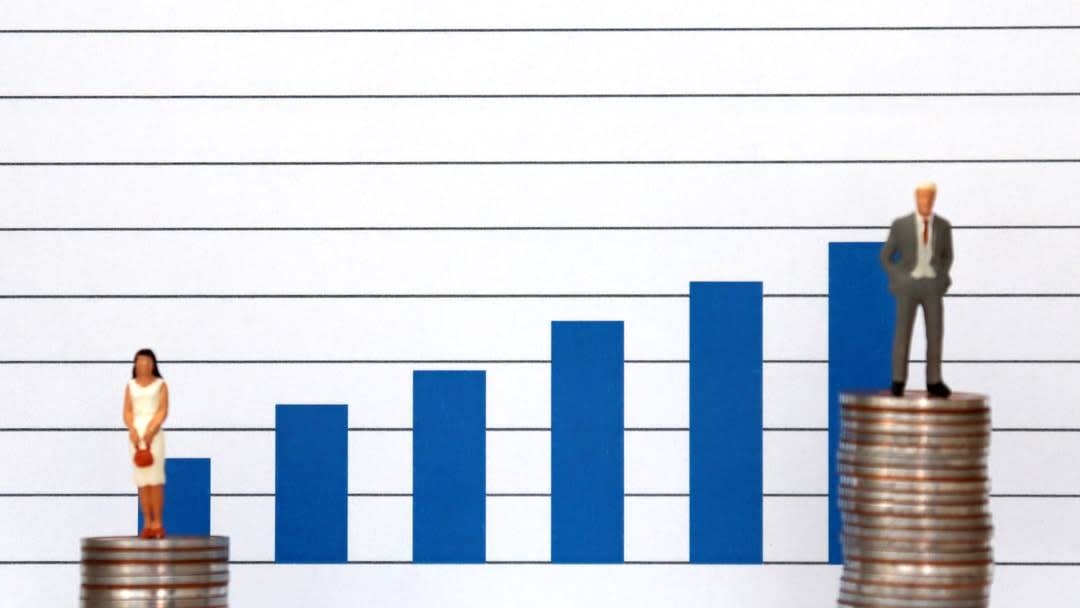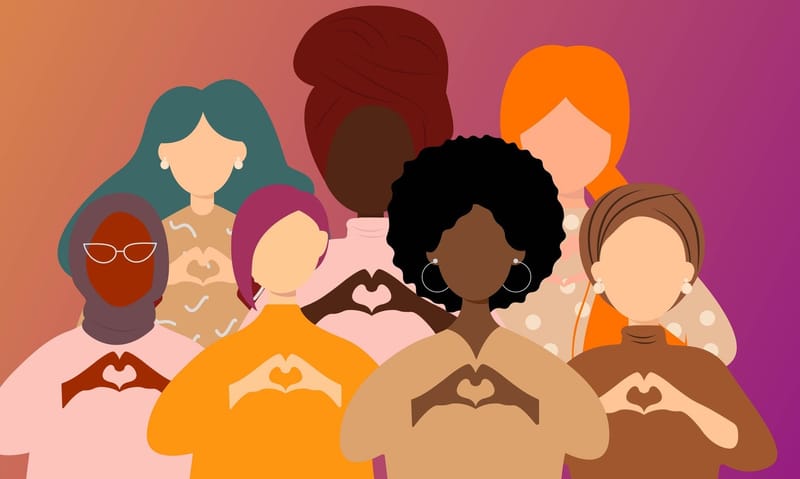
Science is no different to any other field, say Monash University’s Dr Lauren May and Dr Karen Gregory. There's an imbalance between men and women in career trajectory and access to resources, with women accounting for only 17 per cent of senior scientists in Australian universities. So the two pharmaceutical scientists have pledged to help fix it.
They've helped set up – from their Pharmacy and Pharmaceutical Sciences base in Parkville – an advocacy group called Her Research Matters, which they describe as “a grassroots-driven, outcome-focused collective that will promote, sponsor and foster an inclusive and equitable leadership environment to enable women in research to reach their full potential”.
The initiative has full support from Monash’s Faculty of Pharmacy and Pharmaceutical Sciences. Director of the Institute of Pharmaceutical Sciences (MIPS), Professor Chris Porter, says: “When they brought this idea to me I thought, ‘This is a fantastic initiative’. It provides that line of sight for the early-to-mid-career researchers to see what's possible, and to get the advice of the women that have made a career in science.”
“There’s a lot of efforts put into bringing women into science, but not a lot of attention on being outcome-focused in terms of retaining women and having women progress through the levels.”
Dr May and Dr Gregory are both mid-career group leaders of drug discovery labs at Parkville. They're interested in support and information for women scientists, rather than re-training or adapting them.
“We're not focusing on training women or changing how researchers are working,” says Dr May, “but rather fostering, sponsoring and promoting the research that's being done by our women colleagues to better highlight their successes.
“We're fortunate that in our department we have a strong network of early and mid-career researchers, so we can try to overcome the impediments that are in our way. We have supportive mentors, both men and women. But what we have seen is that this is not always the case for women scientists more broadly. Starting Her Research Matters is a mechanism to try and address these issues.”
Breaking down the barriers
With the next generation of female researchers in mind, the group will look at “barriers for advancement” and try to circumvent them by updating existing career metrics or organisational structures, encouraging communication between researchers, and highlighting gender imbalances in conference programs, seminar programs and funding outcomes.
Late last year, the respected international science journal Nature published an article revealing that female scientists in Australia are less likely to win a major medical research grant in 2019 than a male counterpart, particularly at senior levels. This was despite an overhaul of science funding through the federal government’s National Health and Medical Research Council (NHMRC). The funding imbalance, Nature reported, was in the field of NHMRC "investigator grants".
Similarly, in February this year, a new study by Monash University’s business school found a general bias against female business leaders in terms of assessment of their work and the pay they receive.
The Medical Journal of Australia reported late last year that women were “ignored” in medical trials and studies. According to the authors of the report – on gender in research – this has led to scenarios where the effects of new drugs on women were not as well understood as effects on men.
The national group Women in STEMM Australia (science, technology, engineering, mathematics and medicine ) is a non-profit organisation founded six years ago. The group connects and advocates for women working in these fields.

“Gender equity is a problem within the wider STEMM community,” says Dr Gregory. “We aspire to do great things, but we also see that we have a lot more female students than male in our undergraduate programs – there’s plenty of women who are interested in pharmacy and pharmaceutical sciences, but they're not making it through the ranks.
“There’s a lot of efforts put into bringing women into science, but not a lot of attention on being outcome-focused in terms of retaining women and having women progress through the levels,” she says.
“It's a missed opportunity.”
Her Research Matters has begun boosting research led by women through media, social media, schools, STEMM groups, and at conferences and seminars. They aim to partner with groups such as WiSPP (Women in Science Parkville Precinct) who support women scientists at the Doherty Institute, the Florey Institute of Neuroscience and Mental Health, Murdoch Children’s Research Institute, the Peter MacCallum Cancer Centre, and Walter & Eliza Hall Institute.
“Support groups for women in science already exist,” says Professor Porter, “but this relatively simple mechanism has activated it and bought it to front-of-mind in an inclusive, non-confrontational and savvy way.”





